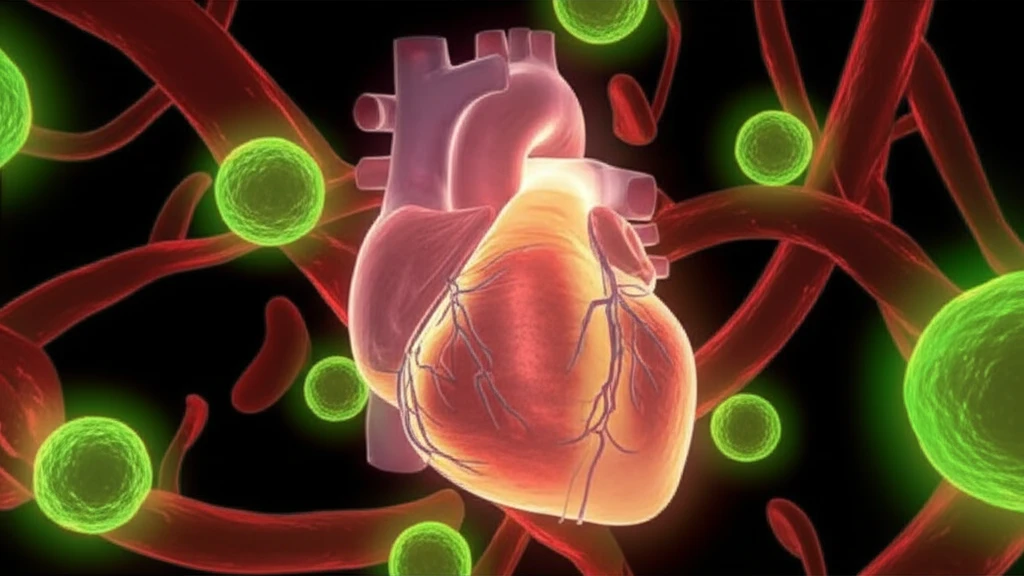
Incretins: The Unsung Heroes of Heart Health in Diabetes?
"Explore how incretin-based therapies are revolutionizing diabetes care with surprising cardiovascular benefits."
Cardiovascular disease (CVD) remains a leading cause of death for individuals with diabetes mellitus (DM). While the link between diabetes and heart issues is well-established, traditional treatments for managing blood sugar haven't always translated into better cardiovascular outcomes. This has led researchers to explore new therapeutic avenues.
Enter incretins, a group of gut-derived hormones that are gaining attention not only for their role in glucose regulation but also for their potential heart-protecting properties. These hormones, which include glucagon-like peptide-1 (GLP-1), stimulate insulin release and suppress glucagon, effectively managing blood sugar levels. But their benefits appear to extend far beyond glucose control.
This article examines the exciting research surrounding incretins and their impact on cardiovascular health. We'll delve into how these agents work, the specific benefits they offer to the heart, and what the future holds for incretin-based therapies in diabetes care.
How Do Incretins Protect the Heart?

Incretin-based therapies, including GLP-1 receptor agonists and dipeptidyl peptidase-4 (DPP-4) inhibitors, work by mimicking or prolonging the action of natural incretin hormones. While their glucose-regulating effects are well-known, their potential cardiovascular benefits are multifaceted:
- Reducing Inflammation: Incretins possess anti-inflammatory actions, which can help stabilize atherosclerotic plaques and prevent them from rupturing, a major cause of heart attacks and strokes.
- Preventing Atherosclerosis: These agents exhibit anti-atherogenic properties, meaning they can help prevent the formation of new plaques and slow the progression of existing ones.
- Improving Lipid Profile: Incretins can positively impact blood lipid levels, reducing triglycerides and increasing high-density lipoprotein (HDL) cholesterol (the "good" cholesterol).
- Lowering Blood Pressure: Some studies suggest that incretins can help lower blood pressure, reducing the strain on the cardiovascular system.
The Future of Incretins in Cardiovascular Care
While the research on incretins and cardiovascular health is promising, larger randomized controlled trials are needed to fully understand the clinical implications of these findings. However, the existing evidence suggests that incretin-based therapies may offer a valuable tool in the fight against cardiovascular disease in individuals with diabetes. As research continues, we can expect a clearer picture of how to best utilize these agents for optimal heart health.
